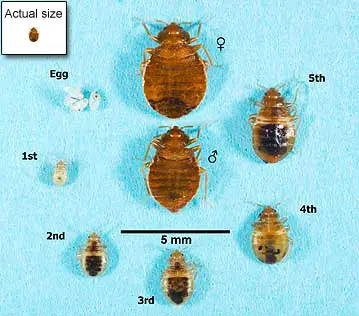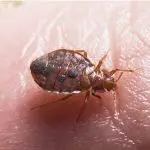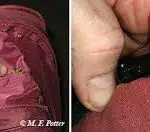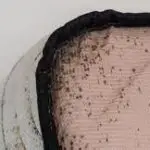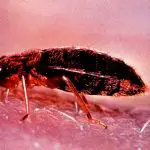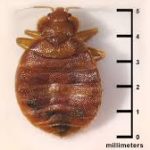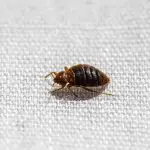Which Chemical Kills Bed Bugs?
The most effective method for killing bed bugs is by using insecticides, but you must know how to apply them properly. The most common pesticides are pyrethrins and pyrroles, which are fast-acting and relatively low-toxicity. However, some bed bugs are resistant to these chemicals. Other chemical options include neonicotinoids and desiccants, which work by destroying the insect’s protective coating.
Insecticides that target the nervous system of bed bugs, such as chlorfenapyr, are the most common choice. However, they must be used with care, and they take time to work. Therefore, you must follow the instructions on the label carefully. Otherwise, you may end up with poor control and danger to your family.
Desiccants are low-toxicity dusts that dry out insects. They are most effective when used in conjunction with other treatments. The dusts that kill bed bugs can be bought in garden centers and hardware stores. They are safe for humans and pets. However, if you are concerned about how long these products will last, consider using other methods.
Insecticides that use insect growth regulators can work by disrupting the insect’s life cycle. Bed bugs go through six stages before they become adults. This chemical interferes with this process, preventing the insect from reproducing and living.
